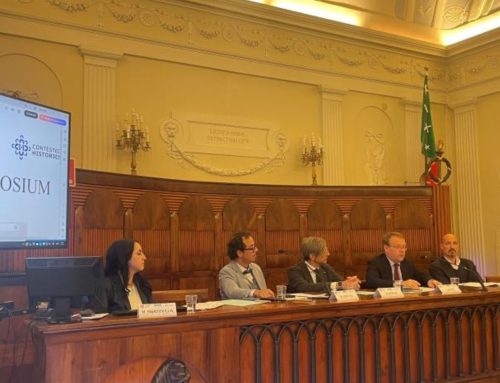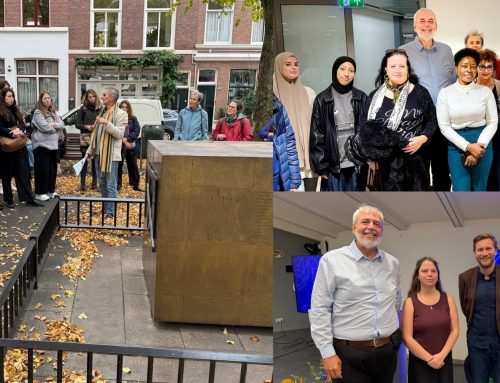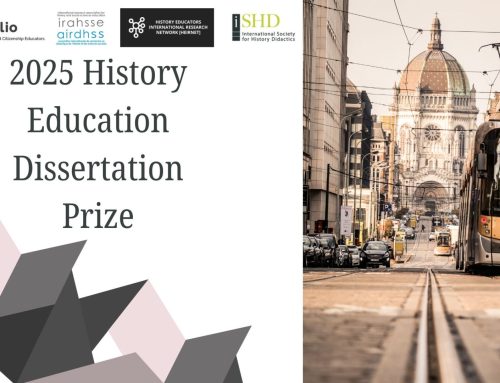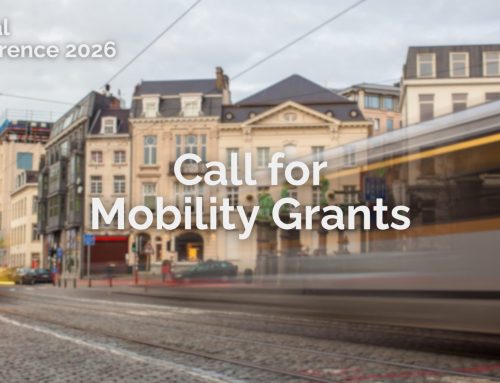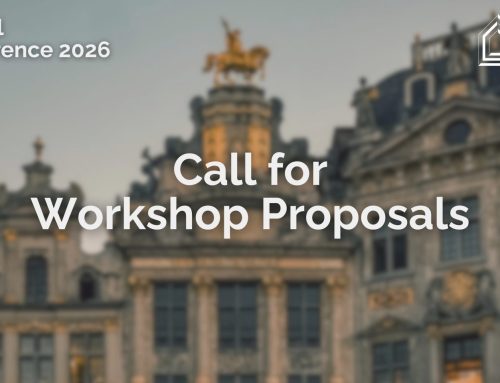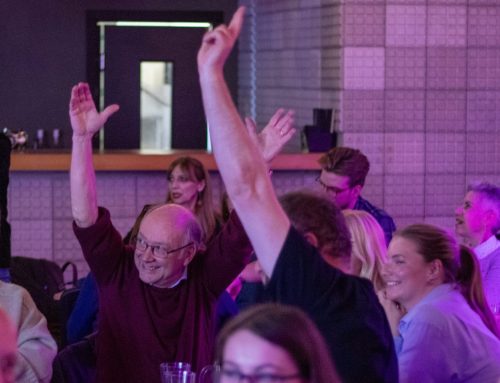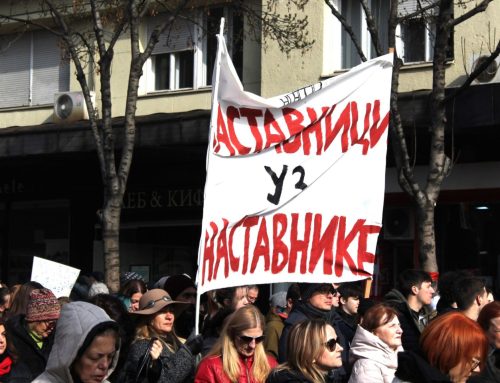In the case of Lebanon, its recent history, and the way the politics are organised, make it extra difficult to agree on the way history should be taught. In fact, all attempts to create a history curriculum that deals with modern history after the Lebanese Civil War have failed, because decision makers – representing different communities in Lebanon – could not agree on the content and the approach. Therefore, it is still not required for schools to teach any history from after Lebanon became independent, making it possible for some young people to go through the formal educational system without having learned one lesson on the history of their country after independence.
The conference, “The Educational Conference on Teaching History in Lebanon: Reality, Experiences and Prospects” that took place in Beirut on 30 October 2017 under the patronage of Marwan Hamadeh, the Minister of Education and Higher Education in Lebanon, was a new attempt to break the status quo and bring new life to the discussions about teaching and learning history in Lebanon. The conference was organised by the Center for Educational Research and Development (CERD), the British Council, and the Institute of Citizenship and Diversity Management at Adyan Foundation. Several people form the EuroClio network: Steven Stegers (Programme Director of EuroClio), Alan McCully (Board Member of the Northern Irish History Teachers Association) and Nayla Hamadeh (President of the Lebanese Association for History) were invited as speakers, and contributed to the discussions. Although policy makers and practitioners put different emphasis on the way they would like to see history education in Lebanon go forward, the ideas were not mutually exclusive, and all parties could agree on one thing: It is high time that something needs to be done. This common ground gives hope that this new attempt will be successful.





